Soak up the morning sunshine rays whilst enjoying an al fresco breakfast on the terrace of your newly renovated French manoir or manor house nestling deep in the rolling hills of the Dordogne countryside; take a leisurely stroll through the ancient olive groves and trees bursting with ripe oranges and lemons surrounding your 16th Century stone manoir and enjoy the fabulous views of distant hazy mountains and a hint of sparkling blue sea; enjoy a relaxing afternoon messing around in boats on your own private lake before returning to your stylish French manoir for a chilled glass of champagne whilst watching the sun set through the dark green pine trees of the surrounding forest. Mostly located in beautiful locations, there is a wide range of French manoirs for sale throughout France providing investors with a very real opportunity of owning a property that has instant caché whether it is a stylishly renovated 18th Century stone manoir sitting in acres of woodland, a more rustic 16th Century manoir complete with traditional wooden beams and stone floors or a charming modern manor house surrounded by landscaped gardens and rolling green lawns.
A French manoir or manor house was a strongly fortified manor-house, which may include two sets of enclosing walls, drawbridges, and a ground-floor hall or salle basse that was used to receive peasants and commoners. The salle basse was also the location of the manor court, with the steward or lord of the manor’s seating location often marked by the presence of a crédence de justice or wall-cupboard (shelves built into the stone walls to hold documents and books associated with administration of the demesne or droit de justice). The salle haute or upper-hall, reserved for the lord of the manor and where he received his high-ranking guests, was often accessible by an external spiral staircase. It was common to "open" up to the roof trusses, as in similar English homes. This larger and more finely decorated hall was usually located above the ground-floor hall. The lord of the manor and his family's private chambers were often located off of the upper first-floor hall, and invariably had their own fireplace (with finely decorated chimney-piece) and frequently a latrine. In addition to having both lower and upper halls, many French manoirs also had partly fortified gateways, watchtowers, and enclosing walls that were fitted with arrow or gun loops for added protection. These defensive arrangements allowed these French manoirs to be safe from any local uprisings or armed rebellions which often happened during the troubled times of the Hundred Years War and the wars of the Holy League; however it would have been difficult for them to resist a siege undertaken by a regular army equipped with siege engines.
The traditional French manoir is nowadays a very sought-after type of property both as a second home and for holiday rentals and across France there is a healthy supply of French manoirs for sale. The larger properties – those with five bedrooms or more - offer excellent opportunities for holiday rental income with some having been converted into individual apartments or operating as a ‘bed and breakfast’.
There is a wide variety of styles and locations throughout the whole of France and prices range from around 350,000 EUR to over 2m EUR for the very top end of the market. Tucked away between the Pyrenees and the Loire Valley is the beautiful region of the Dordogne. Named after the river that runs through it, the region is home to truffles, foie gras, peppery Bergerac red wine and fabulous hiking and biking scenery. There are French manoirs for sale in the heart of this region overlooking tranquil valleys and secluded woodland. All renovated to a very high standard but retaining original features - some with additional guest accommodation and swimming pools - they offer superb accommodation for families and/or holiday rentals. Moving more south west to Gascony, the region of sunflowers and gently rolling hills, medieval bastide towns and classic French farmhouses, vineyards and typical French country restaurants, all set against the dramatic backdrop of the Pyrénées mountains. The elegant manoirs of Gascony are grand residences usually dating from the 18th and 19th century but designed on a more intimate scale than the Chateaux, often for landowners who lived from agricultural rents. Most are very symmetrical with grand entrances and hallways, sweeping wooden staircases, high ceilings and tall windows with either exterior or interior shutters. Distinctly different – Brittany’s northern border of beautiful jagged coastline and golden sandy beaches gives way to a mysterious, spell-binding land of myths and legends brimming with meandering canals and rivers, romantic chateaux and charming, picturesque towns. Here the manoirs are varied in style; choose a 15th Century renovated stone manoir set in acres of parkland resplendent with its great hall adorned with granite fireplaces, wooden floors and spiral staircases or an elegant 18th Century manoir with its beautiful original entrance hall with wood panelling, original decorative tiled floor and ceiling rose and polished parquet flooring, wood panelling and decorative tiled floors throughout.
French manoirs are special; evoking the traditions and romance of a bygone era yet providing all the convenience and luxury of modern day living, they are becoming increasingly popular as an investment both as a residence and also as holiday rental accommodation. There are French manoirs for sale throughout the whole of France and for the wise investor, these properties can provide an excellent investment opportunity.
1. Signing the Agreement (Compris)
On finding a property you wish to purchase you will need to negotiate the terms, price and conditions of the sale with the owner.
The next step, once you are in agreement, is to sign the preliminary contract (Compromis de Vente). This is a legal document and after ten days will be binding on both parties. Rules change frequently in France and it is best to consult with your notary about when this period starts. Generally the compris will be signed in France with the Agent.
Variants can be included in the compris, for example an Acte (clause) can be added if the name or names to go on the title deed have not been finalised. If a mortgage will be required to purchase the property, the details for this, including the name of the mortgage company, must be on the compris.
2. Paying the Deposit
Generally the deposit will be 10% of the agreed purchase price. This will normally be paid to the notaire. There are exceptions to this, if the agent holds a carte professionelle, is bonded and fully registered then you may pay them, but do not hand over the deposit to anyone else. If for some reason the purchase does not go through, for example, if you write to the notaire and the agent that you do not wish to go continue with the purchase before the contract is binding (within seven days of signing the compris), then your deposit would be repaid. This would also apply if a condition had not been met, or the mayor or S.A.F.E.R. (a government agency that has the right of first purchase on most rural property that comes onto the market in France) could oblige the purchaser to give way. If you decide after the seven days 'cooling off' period that you do not wish to complete the purchase and pull out of the sale you would lose your deposit. If however the vendor pulls out of the sale then you will receive your deposit back plus the same amount from the vendor.
3. On Completion
Generally it will take around two or three months to complete the purchase.
During this time the balance of the purchase money must be paid into the account of the notaire, this must be done well ahead of the completion date. The notaire will prepare the documents, check that the deed of sale (Acte de Vente) is in order and have the legal title ready to be signed over. It is possible to have someone sign on your behalf if you give them power of attorney. An interpreter may be of use at this point if your French is not very good and many Notaires will suggest (or insist) that an interpreter is with you.
IMPORTANT - Disclaimer :
All information provided is believed to be current and provided free of charge. No liability can be accepted for the reliability of the information and statements made as this is obtained from 3rd parties. We always recommend you take legal advice from a fully qualified Lawyer or Notary before buying a property overseas.
Close
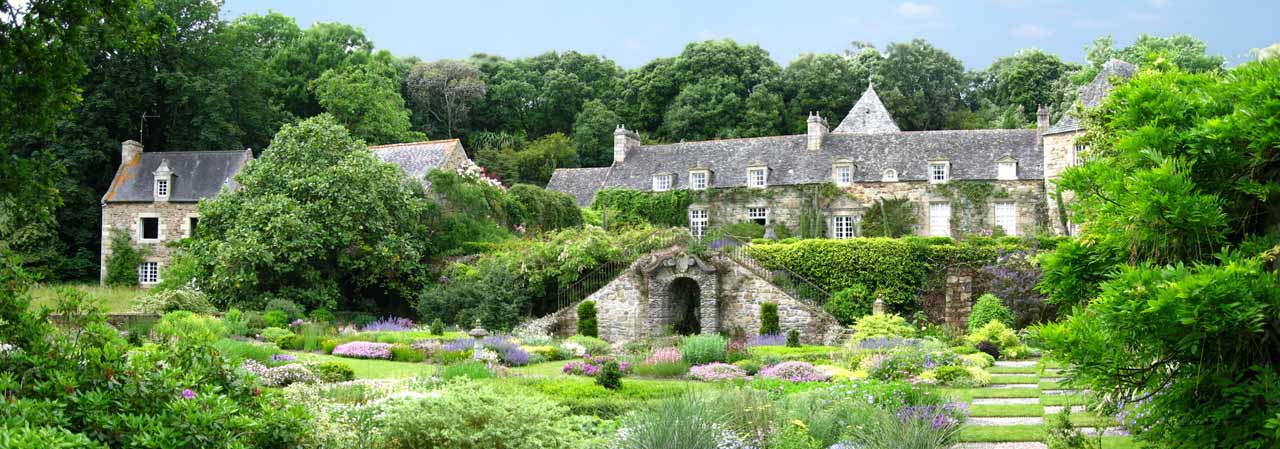


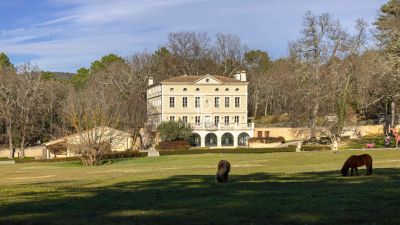

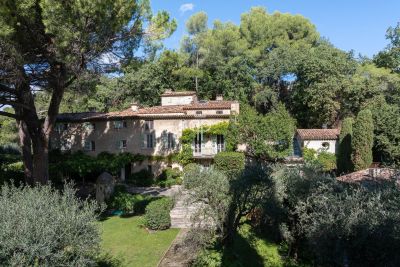



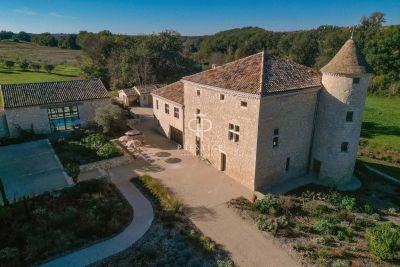
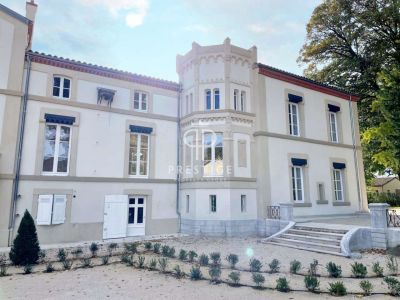

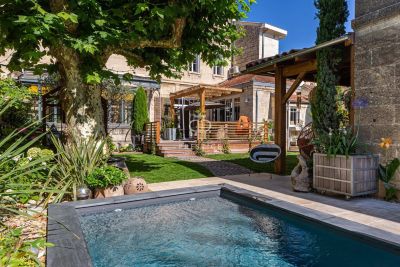


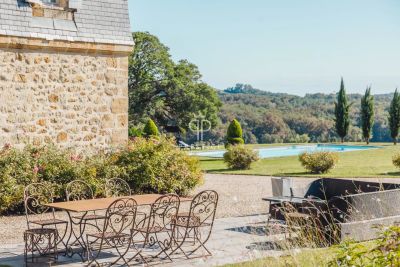
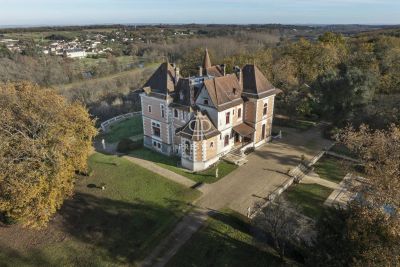
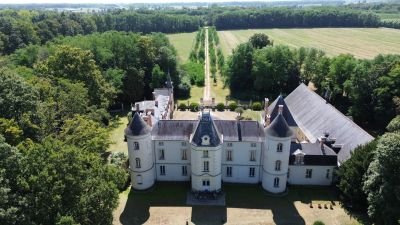

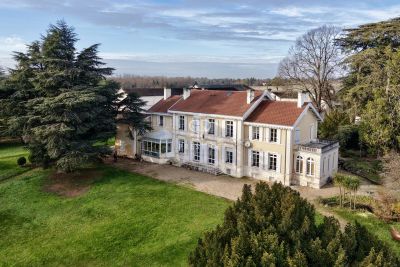

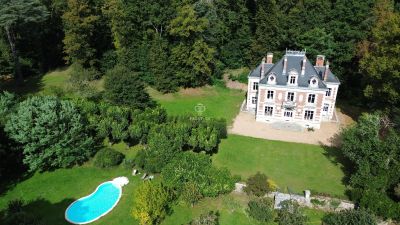
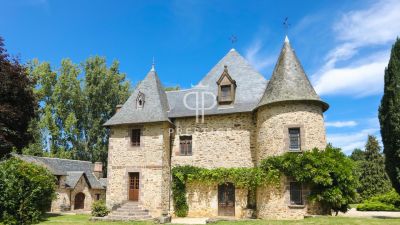
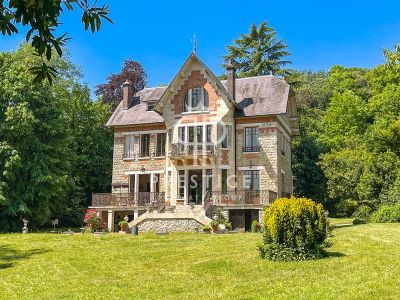
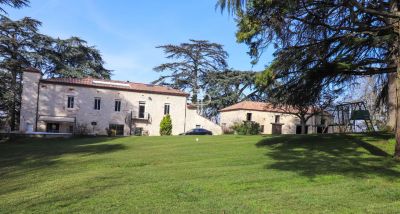
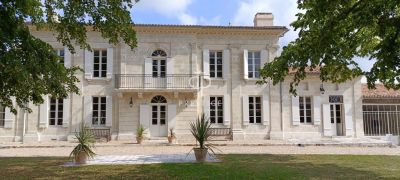

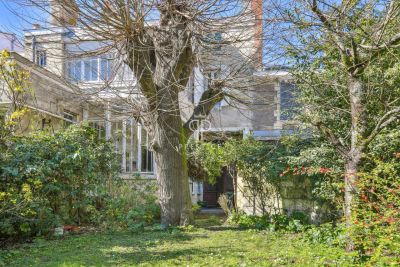




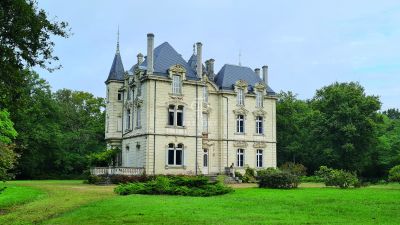
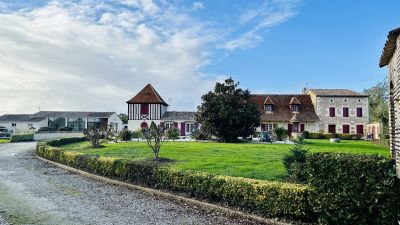

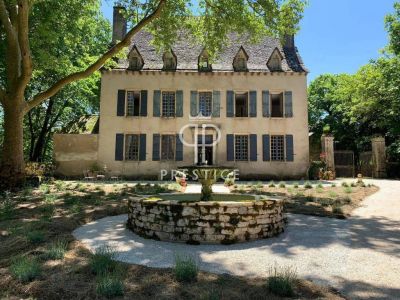

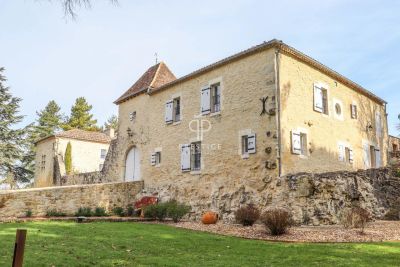



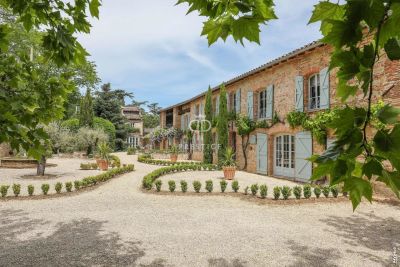
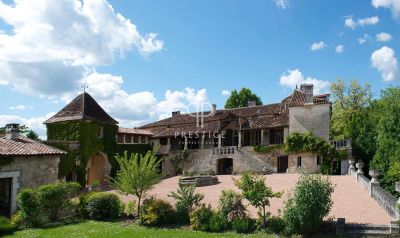


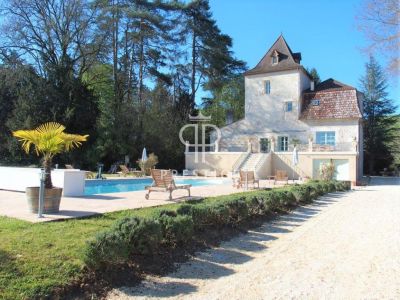
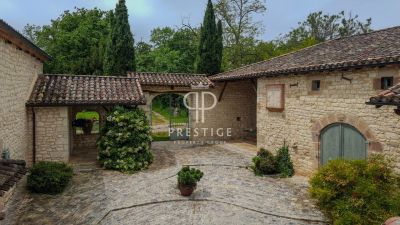

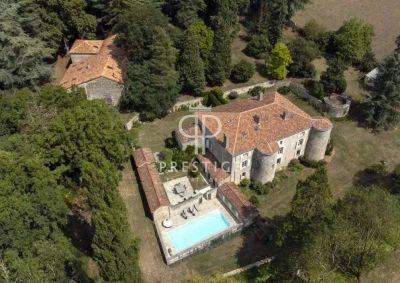
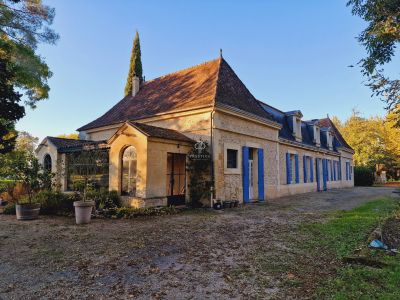

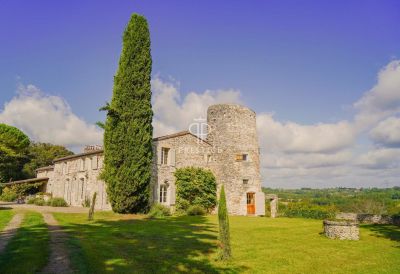


 Facebook
Facebook Twitter
Twitter Instagram
Instagram